On the morning of November 13, the National Assembly discussed the Law on Civil Servants (amended). Delegate Vuong Thi Huong ( Tuyen Quang ) mentioned the provision in the draft: civil servants can refuse to perform the work or task if they believe that the work or task is contrary to the provisions of the law .
Delegate Vuong Thi Huong, Tuyen Quang delegation
PHOTO: GIA HAN
Officials have the right to refuse if they find the task illegal.
According to Ms. Huong, the phrase "supposes" is still subjective, there are no specific criteria or basis to determine what is "against the provisions of the law".
This can lead to officials abusing their right to refuse to avoid their duties. Conversely, those who dare to refuse to perform tasks contrary to the law can be repressed and judged as failing to complete their tasks if there is no clear protection mechanism.
Ms. Huong said that in reality, civil servants are often in an executive position, so assessing a task as "illegal" sometimes exceeds professional judgment or lacks a clear legal basis.
On the other hand, without a specific review process and mechanism, even if an official realizes that an order is wrong or against the law, he or she will not dare to refuse, for fear of being accused of disobeying orders or violating discipline.
"Although this regulation is meant to protect civil servants from wrong and illegal orders, it is difficult to effectively promote its effectiveness in practice," she said.
The female delegate proposed to amend in the following direction: when noticing that the assigned work or task has signs of being contrary to the provisions of the law, the civil servant has the right to report in writing stating the basis to the person assigning the task and the head of the public service unit. The head is responsible for reviewing and responding in writing within a certain period of time.
While awaiting the conclusion, the official is temporarily suspended from performing his/her duties within the scope of not causing serious consequences; if the head requests implementation in writing, the official must comply but is not legally responsible if any consequences arise.
Sharing the same view, according to delegate Pham Thi Minh Hue ( Can Tho delegation), the regulation as drafted will cause difficulties for civil servants, because "assuming" that a certain job is against the law will be subjective, with no basis for determination.
Ms. Hue suggested that it is necessary to specifically study this content to ensure feasibility, both protecting the rights of civil servants and ensuring the performance of public duties.
Delegate Nguyen Thi Viet Nga, Hai Phong delegation
PHOTO: GIA HAN
Civil service contracts are not the same as usual.
Continuing the discussion, delegate Vuong Thi Huong mentioned the right of officials to unilaterally terminate employment contracts. Agreeing with the draft, Ms. Huong found that there were no regulations on corresponding rights for heads of public service units.
According to her, a contract is a two-way written agreement. If only the civil servant is given the right to unilaterally terminate the contract without giving this right to the head of the public service unit, it will lead to an imbalance.
The female delegate proposed adding the right to unilaterally terminate employment contracts, labor contracts and service contracts for heads of public service units. At the same time, assign the Government to specify the cases in which public service units are and are not allowed to unilaterally terminate contracts, and the procedures for implementation.
Delegate Nguyen Thi Viet Nga (Hai Phong delegation) was interested in the regulation that "a labor contract is a written agreement between a civil servant or a person recruited to work as a civil servant and the head of a public service unit...".
Ms. Nga commented that the regulation of "agreement" is not appropriate. Because the working contract of civil servants is not like normal labor contracts, but is administrative in nature. One party signs the contract on behalf of the State, the other party signs the contract on compliance with standards, conditions, salary levels, regimes, and job positions according to the State's own regulations.
Reality also shows that in the process of recruiting civil servants, there is almost no element of negotiation or equal agreement as in normal labor relations, but only acceptance or non-acceptance of the available conditions and requirements for each recruited position.
Therefore, saying "agreement" in the public employee's employment contract is not true in nature, easily causes misunderstanding and loses the specificity of the employment contract in the public service sector.
Thanhnien.vn
Source: https://thanhnien.vn/quy-dinh-ro-ve-quyen-tu-choi-de-vien-chuc-khong-ne-tranh-khong-bi-tru-dap-185251113100647126.htm


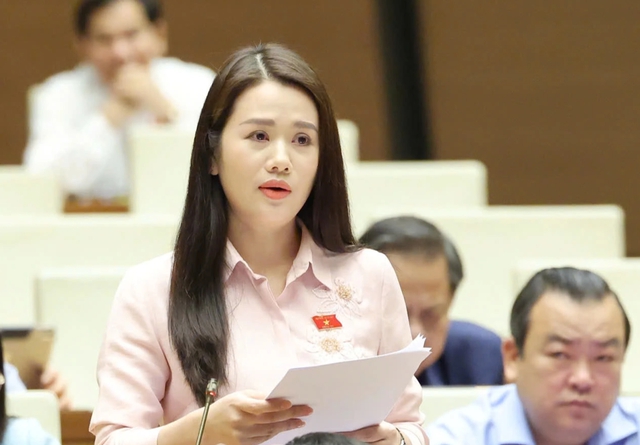
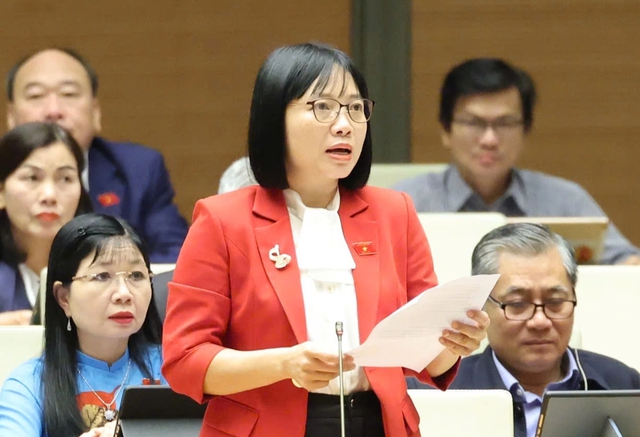


![[Photo] Unique architecture of the deepest metro station in France](https://vphoto.vietnam.vn/thumb/1200x675/vietnam/resource/IMAGE/2025/11/14/1763107592365_ga-sau-nhat-nuoc-phap-duy-1-6403-jpg.webp)
![[Photo] Unique art of painting Tuong masks](https://vphoto.vietnam.vn/thumb/1200x675/vietnam/resource/IMAGE/2025/11/14/1763094089301_ndo_br_1-jpg.webp)






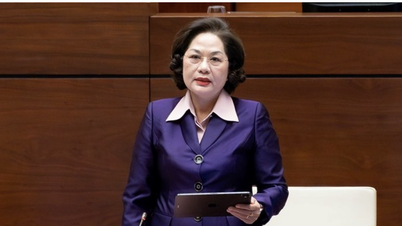


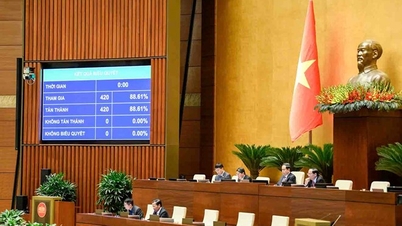
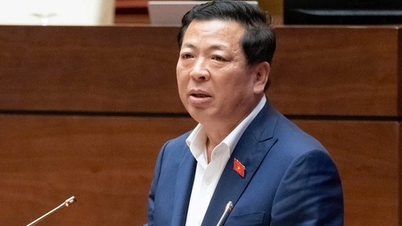




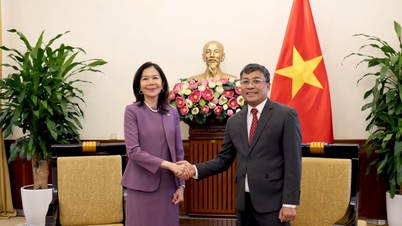

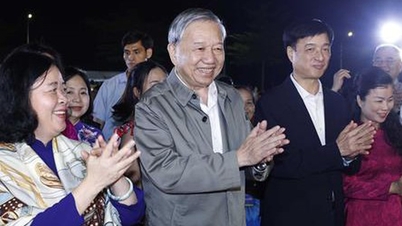

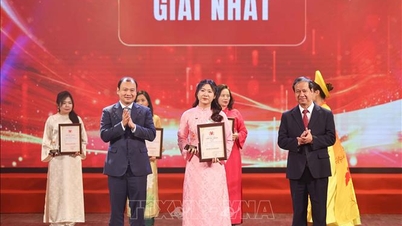











![[Photo] Special class in Tra Linh](https://vphoto.vietnam.vn/thumb/1200x675/vietnam/resource/IMAGE/2025/11/14/1763078485441_ndo_br_lop-hoc-7-jpg.webp)








































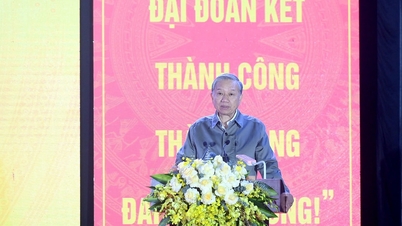



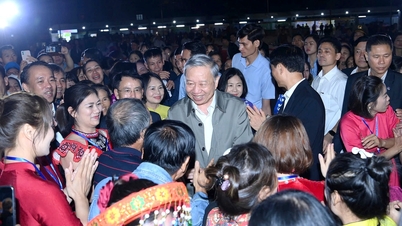
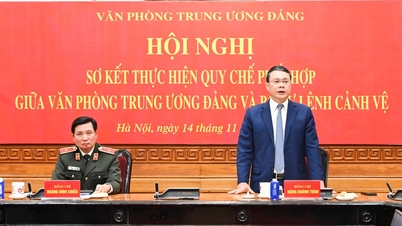




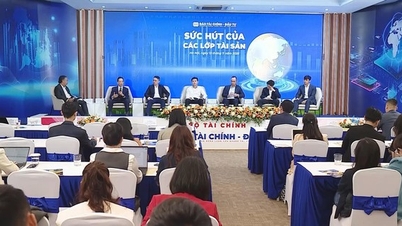

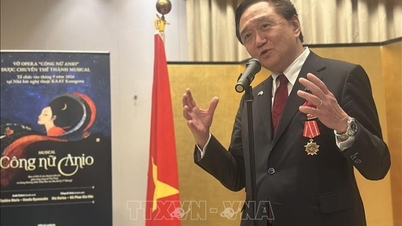
















Comment (0)